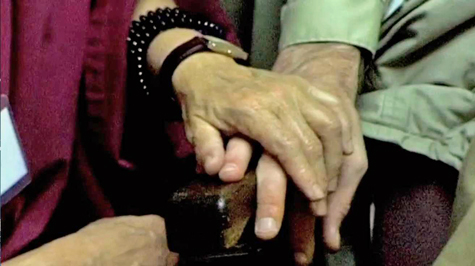Chasing Buddha: The award-winning film by Amiel Courtin-Wilson
Ven. Robina says: “I’m grateful to Amiel, my nephew, for his generosity these past ten years in donating 50% of all income from the sale of Chasing Buddha to my Bodhichitta Trust, which supports many worthy projects. Now he is kindly offering everyone access to the film on YouTube.”
Honored at Sundance, featured in cinemas, on Australia's SBS, and on television worldwide, this inspiring film launched Amiel Courtin-Wilson’s career when he was nominated for Best Documentary Director at the Australian Film Industry Awards in 2000.
.jpg)
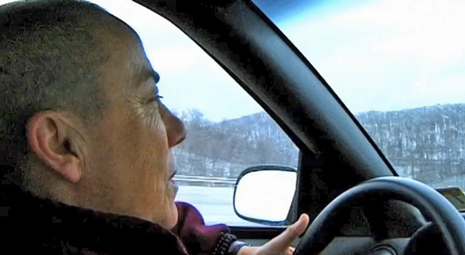
In 1998 Amiel and his childhood friend cinematographer Vincent Heimann spent three months on the road, documenting Ven. Robina's visits to the centers of her teachers, Lama Zopa Rinpoche and Lama Yeshe, on the East Coast and in California, as she led courses and retreats. Joking about her renowned energy and relentless pace, and the two of them seemingly forever chasing after her, Vinnie said at one point “We should call this film ‘Chasing Buddha’!”
The heart of the film that Amiel created is revealed in Ven. Robina's meetings with the inmates of Kentucky State Penitentiary, where Amiel and his cameraman had unprecedented access, including to those on death row and others serving life sentences.
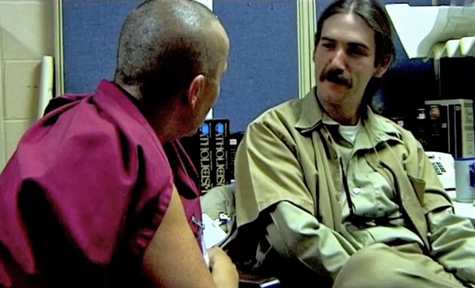
The connection between Robina and these men is palpable. Their past violence, their crimes – none of this phases her. “I have such admiration for people who struggle to deal with the difficulties of life,” she says. Their efforts to understand their own minds, to come to terms with the reality of their lives in prison, touches her heart and inspires her own practice and her determination to help others, especially those with nothing and no one to turn to.
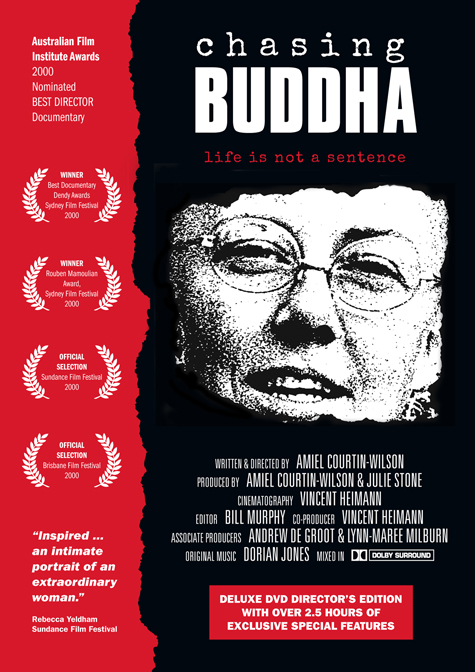
Amiel is kindly offering 50% of all profits from the sale of the DVD to Ven. Robina's Bodhichitta Trust in California, which supports the work of her teachers, Lama Yeshe and Lama Zopa Rinpoche. The Bodhichitta Trust is handling all sales of Chasing Buddha.
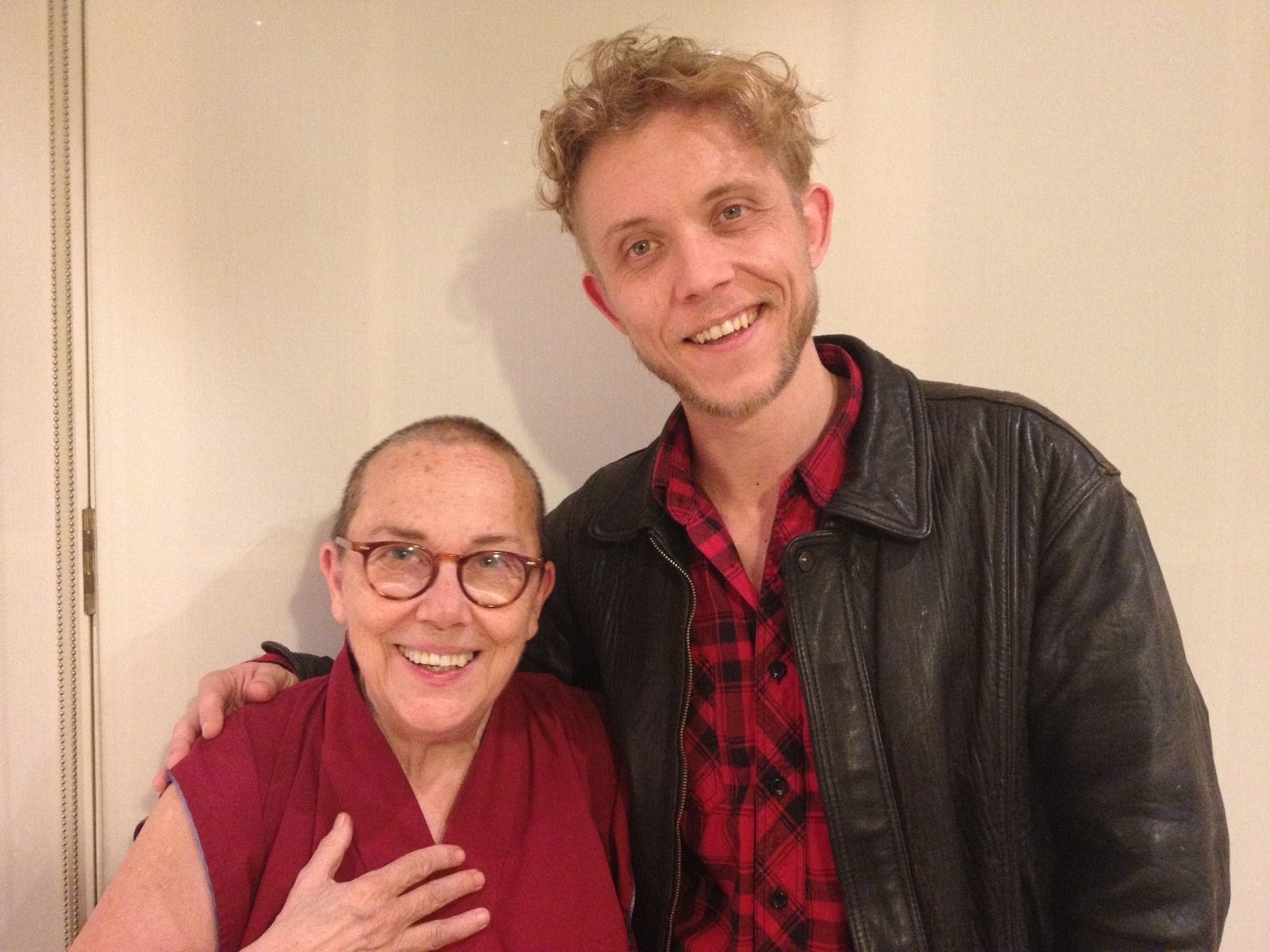
After 14 years of running Liberation Prison Project, which helps thousands of prisoners throughout the USA and Australia, Robina passed on the job of executive director to a colleague in Australia in 2009. She maintains contact with many old friends in prison.
